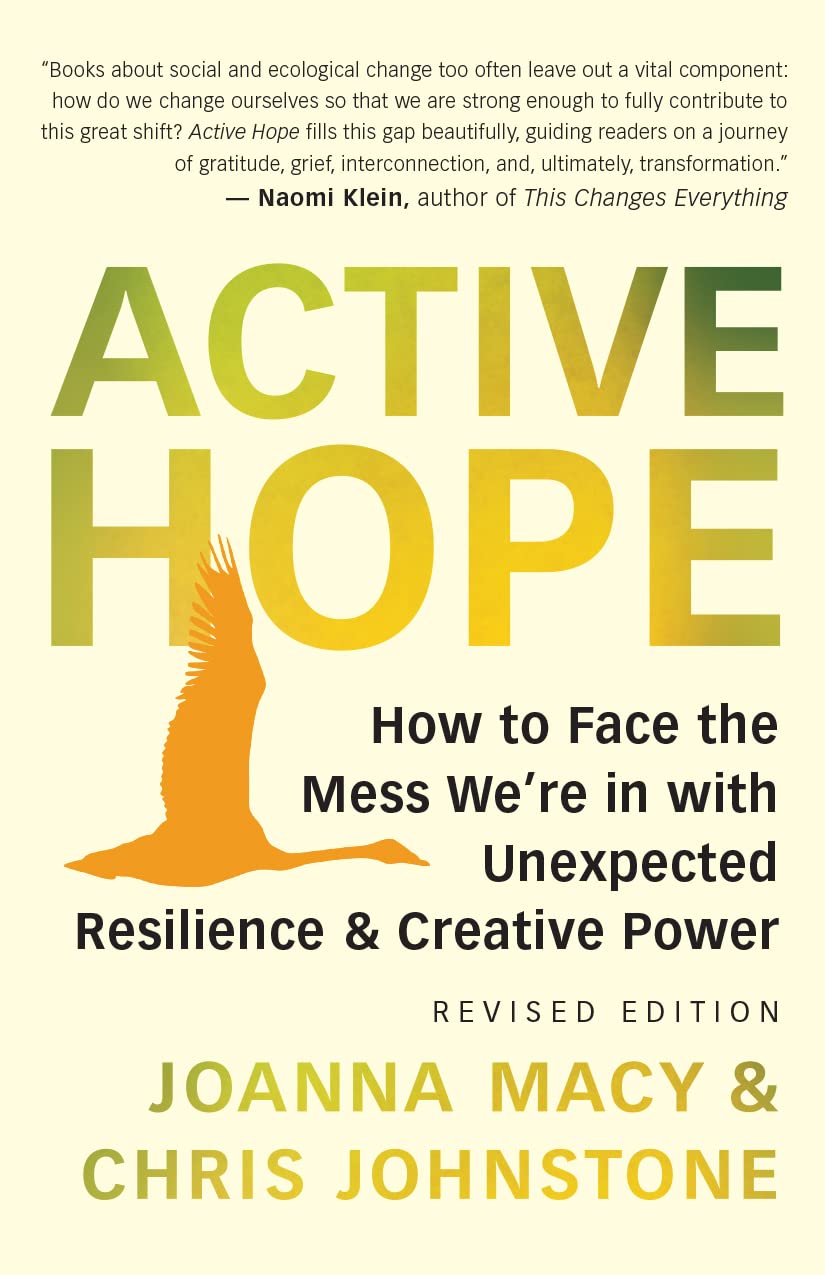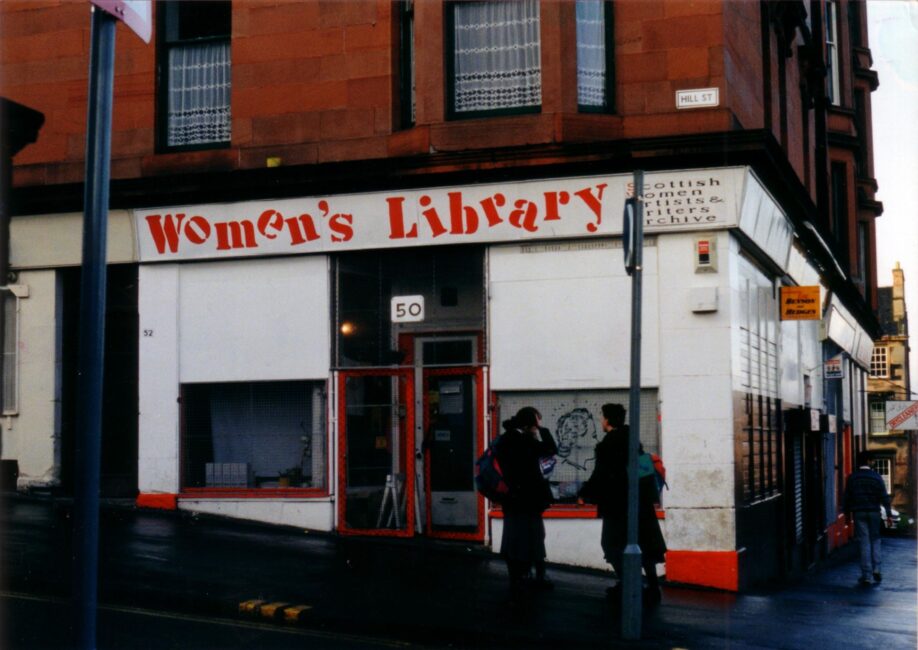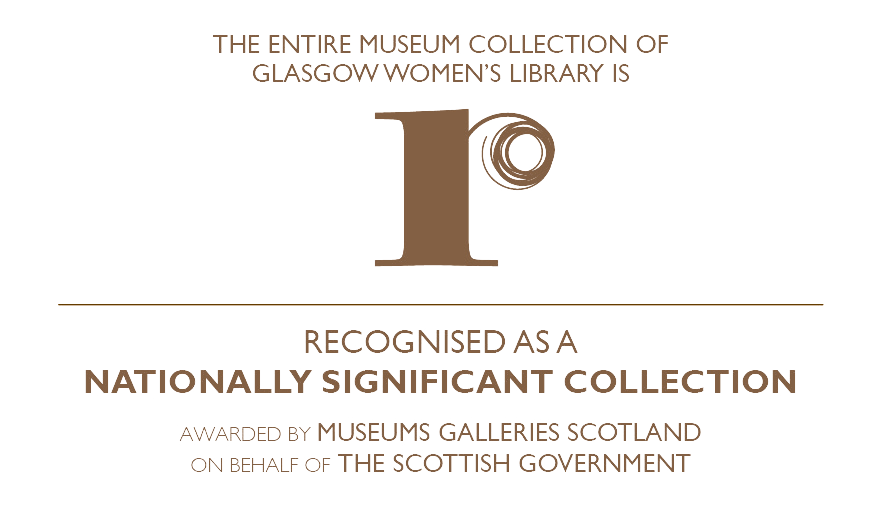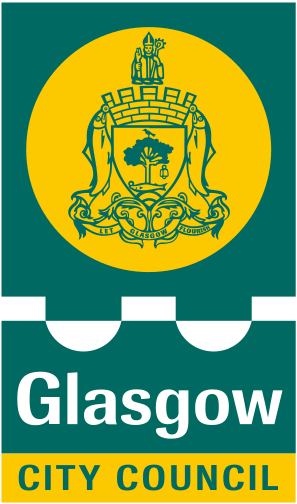This month Anabel highlights another book from our collection, A woman in Berlin by Anonymous.
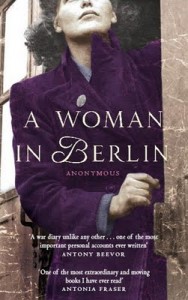
I like to read books with which I can feel some personal connection. On a visit to Berlin last year, we took one of the tours from Berliner Unterwelten E.V. (Society for the Exploration and Documentation of Subterranean Architecture). These cover potential nuclear bunkers from the Cold War, tunnels used to breach the Wall and, in our case, a Second World War shelter located behind a U-bahn station. Conditions were horrific, with people staying down there for up to 5 days during the air-raids in which 80% of the city centre was destroyed. Our guide recommended that we read A Woman in Berlin for more information, so I was delighted to spot it on GWL’s shelves.
The book, written anonymously, is a diary of the days between 20th April and 22 June 1945, the period at the end of the war when Berlin was sacked by the Russian army. It’s an extremely harrowing read, but very well written because the author was a journalist. Every day was a fight for survival, yet she is completely matter of fact and without self pity as she describes her efforts to find food, water and places of reasonable safety to shelter.
The coming of the Russians adds a new horror – the threat of rape. No woman, young or old, is exempt, whether because the soldiers are sex-starved or because they wish to wreak revenge for what their German counterparts did in their country. The women are raped over and over again: “What’s making me so miserable right now is not so much the excess itself, extreme though it is; it’s the fact that my body has been mistreated, taken against its will and pain is how it responds to the abuse.” Some women kill themselves rather than submit: one jumps from a 4th floor window and is buried in the makeshift cemetery by the cinema. The author’s reaction is different – she takes a clear-eyed, pragmatic view and decides she must find a protector, an officer who will keep her exclusively as his and provide for her. She realises that this is akin to prostitution, but it is necessary. In this way she survives, though we don’t know what her life was like, if she could be happy again, when the war ended because only one person, the literary executor of her estate, knows for sure who she is.
The book was published in the 1950s, but caused outrage in Germany where it was considered to besmirch the honour of German women. During the war, attitudes to men had changed: “In earlier wars men could claim that the privilege of killing and being killed for the fatherland was theirs and theirs alone. Today, we women, too, have a share. That has transformed us, emboldened us. Among the many defeats at the end of this war is the defeat of the male sex.” In peacetime, men reasserted their authority and rape and sexual collaboration for survival became taboo subjects. The author decided she didn’t want the book republished in her lifetime: she died, aged 90, in 2001 and republication took place in 2002.
This is by no means easy reading. I found I could only manage a few chapters at a time before turning to something more cheerful, but I always came back to it. It’s an important story which happened within living memory and we should never forget the barbarism, but also the courage and instinct for survival, of which humans are capable.


